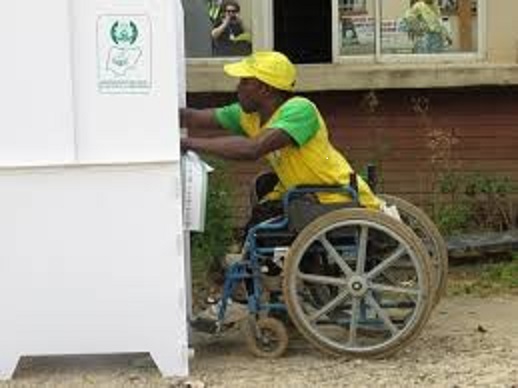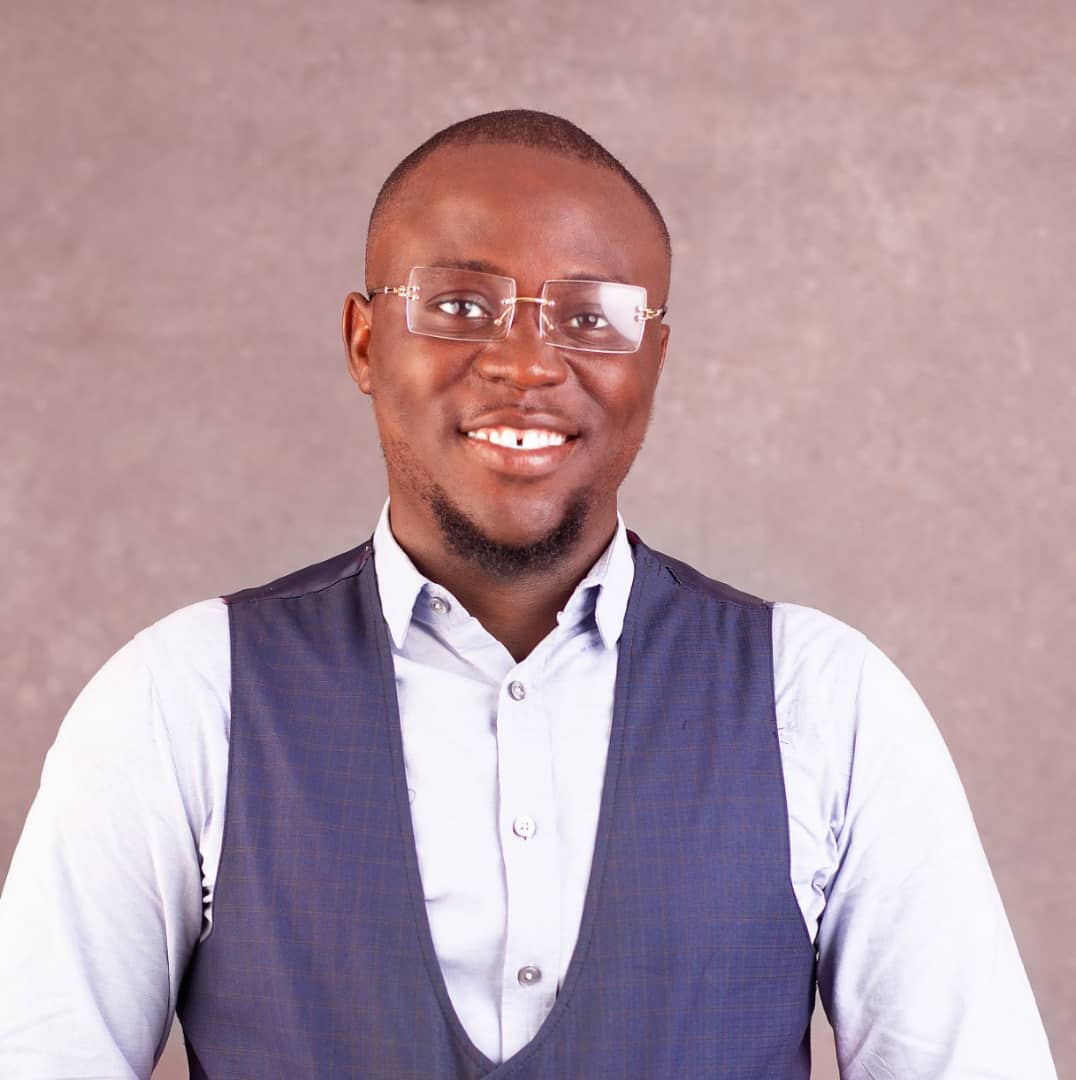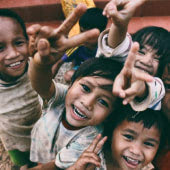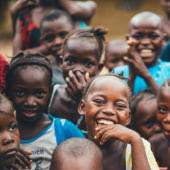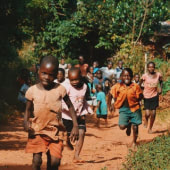By Phillip Anjorin
Olakunle Motunrayo had no intention of voting in Osun state at the February 2023 Presidential election because a few years before, she had an unforgettable experience. The 2018 governorship election that brought in Gboyega Oyetola of the All Progressive Congress (APC) was not entirely peaceful. A member of the International Federation of Women Lawyers revealed that over 60 cases of election-relation violence were recorded against women alone. But Motunrayo’s case was more peculiar.
“I was on clutch and the voting centre was not conducive for me. I had to cross a gutter before I could exercise my rights as an electorate,” Ms Motunrayo recounted. “When the violence ensued, I couldn’t cross that same gutter and run for my life because everything had already gone haywire. My life on that day would have been easier if there were gutter cover then.”
It was a different case for Odeniran Awogbamila, a literate father of two who was visually impaired since birth. He had never participated in any election because there was no provision for Braille (a learning material for visually impaired people). But the story changed when the material was made available at the 2022 governorship election in Ekiti state.
The change kickstarted in 2018 when the Independent National Electoral Commission (INEC) released a Framework on access and participation of persons living with disability, guided by the Electoral Act 2010, which provided a legal basis and a set of standards for the full and equal participation of persons with disabilities in public life. However, it only started taking effect during the 2022 off-cycle governorship elections in Osun and Ekiti states.
This was after civil society organisations amplified the need for an all-inclusive electoral process in Nigeria. “The PWD community inclusion fosters diversity, equity and a more representative society,” said Stephen Idoko, the senior programme officer at the Inclusive Friends Association and a disability advocate.
He added, “They constitute a significant portion of the population whose rights and needs must be addressed for the country to achieve sustainable development and social justice.”
The 2023 election witnessed a paradigm shift in favour of people living with disabilities as they were statistically represented and recognised for the first time in a country that exceeds 227 million citizens as of March 2024, according to Worldometer. Not only do they now enjoy priority access at polling units, but the electoral commission also deployed assistive materials like 21,165 magnifying glasses; 8,117 braille ballot guides; and 6167 EC30E PWD to 32,889 Polling Units with PWDs. 
Statistics of voter registration for the 2023 General election in Nigeria as of January 10, 2022. Source: INEC
Challenges abound
But this data only accounts for 35.1 million (15%) Nigerians living with disabilities, according to the National Commission of People With Disabilities (NCPWD). While there are evident changes that promise more inclusion for the community in Nigeria’s governance following the enactment of the Discrimination Against Persons with Disabilities (Prohibition) Act in 2018, independent observers bemoaned the lapses in the provision of assistive materials.

A PWD accredited for voting in Osun state. Credit: Taiwo Fatola/Osun guber poll 2022
“After casting my vote at Birnin Kebbi, I asked the presiding officers to show me any of the assistive materials available, but he said there was nothing available. I went to the colony of the visually impaired in the state and many other polling units and found no provision of assistive materials for people with disabilities,” said Abdullahi Kebbi, the National President of the Joint National Association of Persons With Disabilities (JONAPWD).
“Though INEC truly made provisions, it is not enough because the PWD statistics is more than what the electoral commission is making provisions for, particularly in the northern part of the country. If the commission could only meet 10% expectations or less, how can we then say the electoral commission made adequate provisions?”
“Many of what they’re doing is on paper because they’re not implementing the policies and reforms adequately. Above all, we can’t discriminate more than 31.5 million persons in a country of about 220 million citizens and call such election a free and fair one,” he added.
A wheelchair-bound electorate in Kaduna state, who pleaded for anonymity, also complained that emphasis was given to all assistive materials but ramps for physically challenged people at polling units. “It is baffling that disability advocates in Nigeria rarely talk about the provision of ramps. Even though I can’t verify it, I believe people using wheelchairs are more than the other PWD colonies in the country. Voting is tiring when you see how people have to lift us over gutters just to exercise our franchise. We deserve help too,” she said.
Stakeholders recommendations
Mr Stephen called on civil society organisations to intensify their efforts in advocating for a more inclusive democracy in Nigeria. However, he believed the change would be better driven if other stakeholders contributed.
He said, “Government agencies, private sector entities and international organisations can impact by implementing policies, providing resources, educating and promoting awareness about disability rights and inclusion.”
In corroboration, Mr Kebbi also mentioned that political parties and the electoral commission need to include people with disabilities in their executive committee. “There is need to avoid seeing the disabled community as a charity beneficiary during election periods and go beyond merely indicating in the party’s constitution that a disabled person should be in the leadership council from the federal level to the ward level, across all parties with interest in Nigeria’s politics,” he said.
This report was first published through the African Change Narratives Fellowship on www.africanchangestories.org


